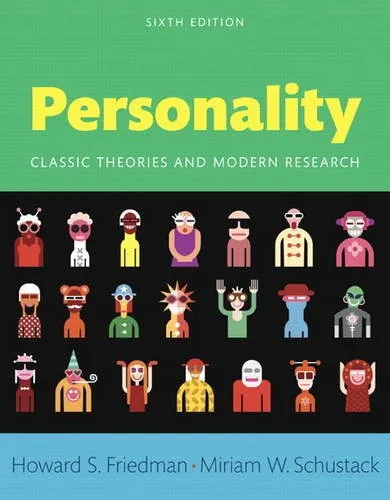Anatomy of an Epidemic : Magic Bullets, Psychiatric Drugs, and the Astonishing Rise of Mental Illness in America
4.5
Reviews from our users

You Can Ask your questions from this book's AI after Login
Each download or ask from book AI costs 2 points. To earn more free points, please visit the Points Guide Page and complete some valuable actions.Related Refrences:
Introduction to 'Anatomy of an Epidemic'
Welcome to a comprehensive exploration of "Anatomy of an Epidemic: Magic Bullets, Psychiatric Drugs, and the Astonishing Rise of Mental Illness in America," a compelling investigation into the escalation of mental health issues and the role of psychiatric medications. Authored by Robert Whitaker, this book delves deep into the mental health landscape of modern America, questioning the efficacy and impact of psychiatric drugs on the lives of individuals struggling with mental illness.
Detailed Summary of the Book
The book begins by examining the origins of psychiatric drugs and the promise they once held as "magic bullets" for mental disorders. Whitaker explores the development of these medications, including antipsychotics, antidepressants, and mood stabilizers, which were initially celebrated as revolutionary breakthroughs in psychiatric treatment. However, as the narrative unfolds, Whitaker presents a disturbing paradox: the rise in psychiatric drug prescriptions has coincided with an increase in the prevalence of mental illness diagnoses.
Through meticulous research and historical analysis, Whitaker investigates how these medications might contribute to long-term mental health issues rather than alleviate them. He challenges the pharmaceutical industry's influence over psychiatric practices and questions the evidence behind long-term medication use. The book is rich with scientific studies, patient stories, and insights from experts, offering a multifaceted view of the mental health epidemic.
Key Takeaways
- Long-term use of psychiatric drugs may, in fact, exacerbate mental health symptoms.
- The rise in mental illness diagnoses correlates with the increased use of psychiatric medications.
- Pharmaceutical companies wield significant influence over psychiatric practices and policies.
- There is a pressing need for a reevaluation of how mental health care is approached, moving away from a medication-centric model.
Famous Quotes from the Book
"The psychiatric community claims that the benefits of medications far outweigh the risks, but does the research literature really show that to be so?"
"Every societal institution has a story to tell about itself, one created to justify its existence, preserve its domains of power, and reinforce its legitimacy."
"The disease model of mental illness is a useful fiction that helps shield psychiatry from criticism and shrink the political will to question the status quo."
Why This Book Matters
"Anatomy of an Epidemic" is crucial reading for anyone invested in the future of mental health care. It challenges deeply held beliefs about the role and efficacy of psychiatric medications, urging a reassessment of how society treats mental illness. In an era where the rates of mental health issues continue to climb, Whitaker's work is a call to action for patients, medical professionals, and policymakers to rethink established treatment paradigms.
The book provides a platform for critical discussions about the long-term effects of psychiatric drugs, promoting transparency and encouraging more research into alternative and holistic approaches to mental health care. It serves as both a warning and a guide, advocating for informed consent and patient autonomy in treatment decisions.
Free Direct Download
You Can Download this book after Login
Accessing books through legal platforms and public libraries not only supports the rights of authors and publishers but also contributes to the sustainability of reading culture. Before downloading, please take a moment to consider these options.
Find this book on other platforms:
WorldCat helps you find books in libraries worldwide.
See ratings, reviews, and discussions on Goodreads.
Find and buy rare or used books on AbeBooks.
1420
بازدید4.5
امتیاز0
نظر98%
رضایتReviews:
4.5
Based on 0 users review
Questions & Answers
Ask questions about this book or help others by answering
No questions yet. Be the first to ask!












